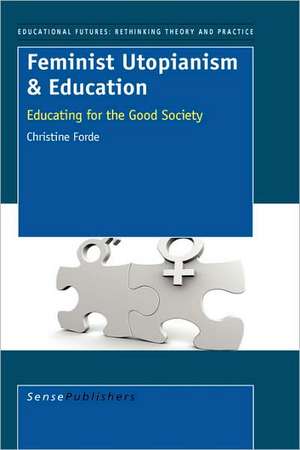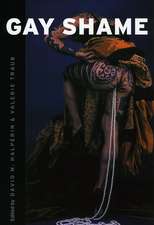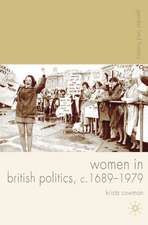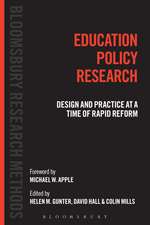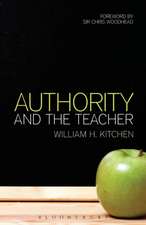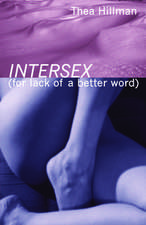Feminist Utopianism & Education
Autor Christine Fordeen Limba Engleză Hardback – 28 ian 2008
| Toate formatele și edițiile | Preț | Express |
|---|---|---|
| Paperback (1) | 392.08 lei 38-44 zile | |
| Brill – 31 dec 2006 | 392.08 lei 38-44 zile | |
| Hardback (1) | 779.38 lei 38-44 zile | |
| Sense Publishers – 28 ian 2008 | 779.38 lei 38-44 zile |
Preț: 779.38 lei
Preț vechi: 1012.19 lei
-23% Nou
Puncte Express: 1169
Preț estimativ în valută:
149.18€ • 162.10$ • 125.39£
149.18€ • 162.10$ • 125.39£
Carte tipărită la comandă
Livrare economică 17-23 aprilie
Preluare comenzi: 021 569.72.76
Specificații
ISBN-13: 9789087900588
ISBN-10: 9087900589
Pagini: 168
Dimensiuni: 156 x 234 x 11 mm
Greutate: 0.41 kg
Editura: Sense Publishers
Locul publicării:Netherlands
ISBN-10: 9087900589
Pagini: 168
Dimensiuni: 156 x 234 x 11 mm
Greutate: 0.41 kg
Editura: Sense Publishers
Locul publicării:Netherlands
Descriere
Descriere de la o altă ediție sau format:
This book looks to feminist utopian thinking to seek alternative conceptualisations of the issue of gender and education. We are currently faced with a situation where the issue of gender has become one of competing needs. Debates on gender have swung from a concern for the progress of girls and women to a ‘moral panic’ about the lack of engagement of boys in education. The formulation of policy that swings from concerns and initiatives to support the educational progress of girls and women to a crisis about the engagement of boys and young men in education is ultimately to the detriment of both genders, to the educational system and to society as a whole. There is an urgent need for us to consider alternative approaches to the issue of gender and education. In utopian writing, education has been constructed as one of the means of bringing about ‘the good society’ but importantly within feminist utopian writing and thinking what we understand as ‘education’ is itself being transformed. In feminist utopian thinking, side by side with a critique of formal educational institutions, there is an attempt to think more holistically about the relationship between the educative process and the achievement of girls’ and women’s self-determination both individually and collectively to bring about a realignment of gender relationships in the sociopolitical order. This book draws from the debates about gender in the visions of alternative sociopolitical orders found in feminist utopian thinking to explore the issue of gender and education. This book will be of special relevance to those interested in feminism, gender studies, educational futures and utopian thinking.
This book looks to feminist utopian thinking to seek alternative conceptualisations of the issue of gender and education. We are currently faced with a situation where the issue of gender has become one of competing needs. Debates on gender have swung from a concern for the progress of girls and women to a ‘moral panic’ about the lack of engagement of boys in education. The formulation of policy that swings from concerns and initiatives to support the educational progress of girls and women to a crisis about the engagement of boys and young men in education is ultimately to the detriment of both genders, to the educational system and to society as a whole. There is an urgent need for us to consider alternative approaches to the issue of gender and education. In utopian writing, education has been constructed as one of the means of bringing about ‘the good society’ but importantly within feminist utopian writing and thinking what we understand as ‘education’ is itself being transformed. In feminist utopian thinking, side by side with a critique of formal educational institutions, there is an attempt to think more holistically about the relationship between the educative process and the achievement of girls’ and women’s self-determination both individually and collectively to bring about a realignment of gender relationships in the sociopolitical order. This book draws from the debates about gender in the visions of alternative sociopolitical orders found in feminist utopian thinking to explore the issue of gender and education. This book will be of special relevance to those interested in feminism, gender studies, educational futures and utopian thinking.
